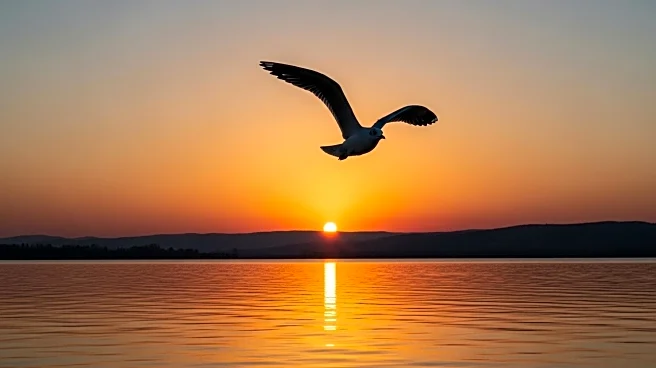Salt Lake City, the capital of Utah, is a city rich in history and culture. Known for its stunning natural surroundings and vibrant community, it offers a unique blend of outdoor recreation, cultural experiences, and educational opportunities. The city is also recognized for its role in hosting the 2002 Winter Olympics and its upcoming hosting of the 2034 Winter Olympics, highlighting its significance in the world of sports and tourism.
Core Facts
Salt Lake City is located in the northeast corner of the Salt Lake Valley, surrounded by the Great Salt Lake to the northwest, the Wasatch Range to the east, and the Oquirrh Mountains to the west. This geographical setting provides a picturesque backdrop and numerous outdoor activities, making it a popular destination for tourists and residents alike.
Notable Details
The city is home to a significant LGBT community and hosts the annual Utah Pride Festival, reflecting its politically liberal culture, which contrasts with the rest of Utah's conservative leanings. Salt Lake City is also the industrial banking center of the United States, showcasing its economic importance beyond tourism and recreation.
Comparisons and Contrasts
Salt Lake City's liberal culture and significant LGBT community stand in contrast to the predominantly conservative culture of the rest of Utah. This unique cultural dynamic contributes to the city's distinct identity within the state and the broader region.
Key Data Points
Salt Lake City has developed a strong tourist industry based on skiing, outdoor recreation, and religious tourism. The city's educational institutions, such as the University of Utah, play a crucial role in its development, providing a foundation for research and innovation. The city's commitment to education and cultural diversity continues to shape its growth and influence.

 Discover Daily
Discover Daily 








